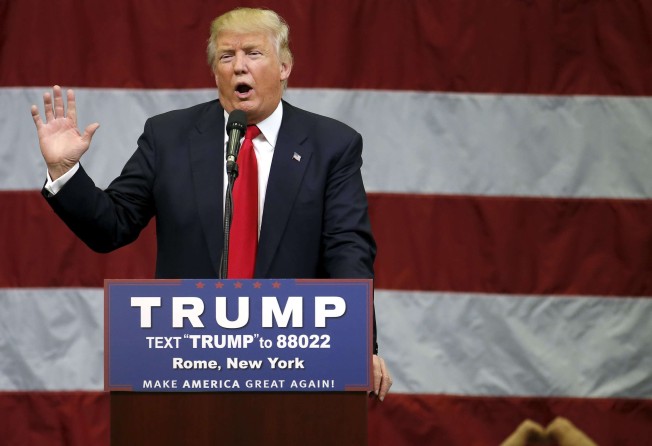On thin ice: detached elite ignore the masses at their peril

David Dodwell’s analysis of electoral democracy’s weaknesses (“Dumbing down”, April 9) will be approvingly echoed across the dinner tables of Hong Kong’s business elite, but he misses two key points.
First, though he accurately describes the economic stresses that generate popular support for the aggressive, potentially dangerous politics of Donald Trump, Marine Le Pen or Hungary’s Viktor Orban, he fails entirely to mention that the anger, whether from Trump , Bernie Sanders or Jeremy Corbyn, is directed against the 1 per cent. People can swallow hard times: they do so in war. But not while the rich prosper at their expense. Mr Dodwell works for a business council, so his omission is unsurprising, but it’s fatally wrong.
Second, he omits the key difference between forms of “tough” democracy successful in defusing popular anger and those that failed. He bemoans a lack of education and “cynical disrespect for our leaders and social elites”, but he fails to ask why “cynical disrespect” is strongest among the most educated: students, graduates and managers in Hong Kong, junior doctors in the UK, and so-called “liberal academics” in the US.
Key to political success in economically stressful times is a socially aware political leadership possessed of a sense of social duty. The Bourbons, the Romanovs, the Qing and the modern Republican Party all failed during stressful economic transitions because they denied their people’s needs, while showing no trace of empathy.
The England of 1832’s Great Reform Act, the America of the 1930s New Deal, Lee Kuan Yew’s Singapore, all succeeded despite wrenching economic change because their elites – unlike our own – saw, heard and responded to people’s needs.
Those who suffer economic pain do not rebel if those who possess economic and political power show understanding and an ability to act.
Singapore’s Lee had that historical, unselfish perspective. J. M. Keynes, in his 1919 analytical masterpiece The Economic Consequences of the Peace, also had it.
Our Hong Kong elites have no education in history, only a sense of present profit.
Ironically, Mr Dodwell’s admiration for the politics of Plato’s strong leader – as against the populist mass – is actually what Trump appeals to.
Mr Dodwell and his sponsors should recognise that Hong Kong is dangerously bereft of an elite able to treat popular worries as its own. Dangerously, because an elite that segregates itself from its own people’s problems is doomed to failure; and we with them.
Paul Serfaty, Mid-Levels